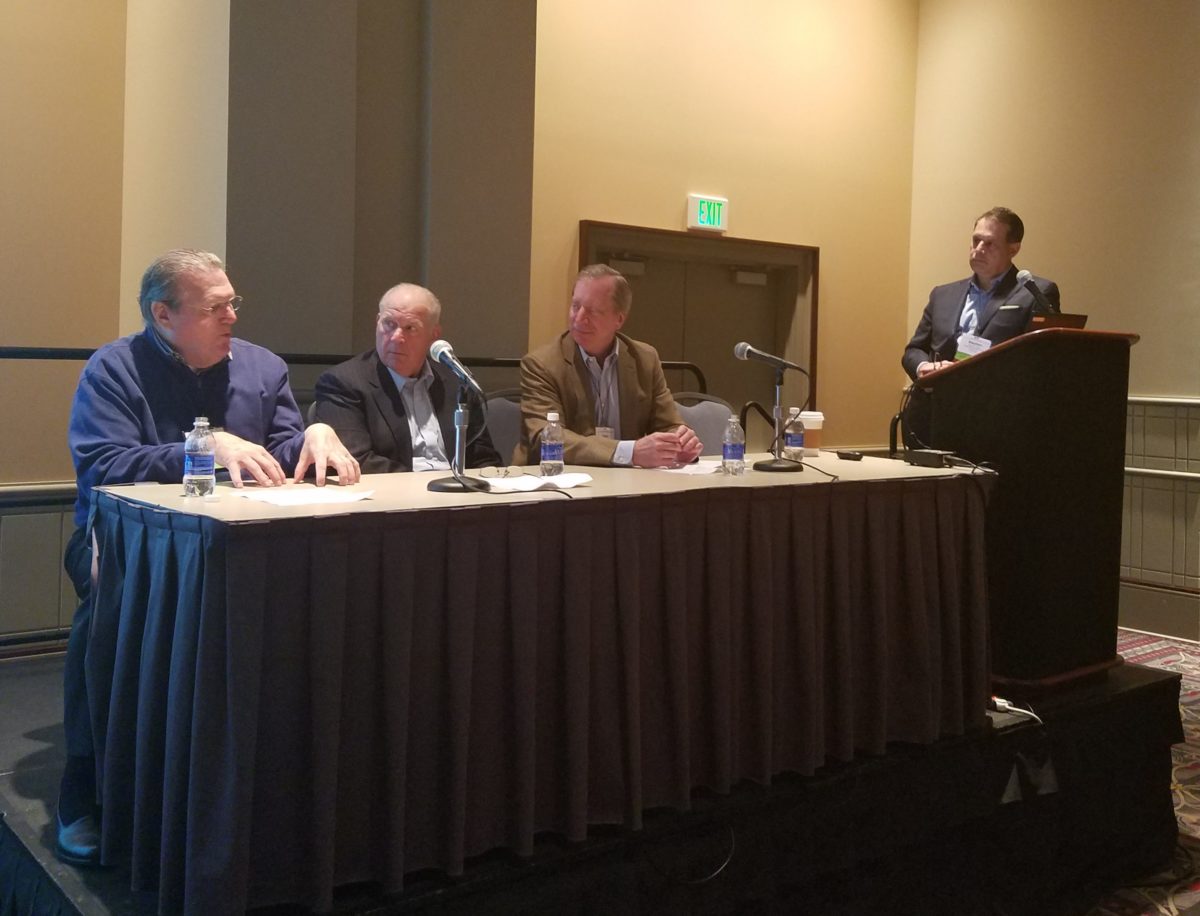How’s the Philadelphia area doing in angel investment? Pretty good, but could be better.
This seemed to be the consensus during one of the sessions of the 2016 Angel Capital Association Summit, which brought together investors like Glenn Rieger of NewSpring Capital, Ira Lubert of Independence Capital Partners and Richard Vague of Gabriel Investments for a discussion on the state of the investment scene in Philadelphia.
https://twitter.com/bftp_sep/status/730386186334830592
Vague, who comes from an entrepreneurial background (he created three companies in the software space before becoming an investor and arts benefactor), says Philadelphia is at a tipping point when it comes to angel investment.
“Twenty years ago, the startup space was largely underdeveloped,” Vague said. “We’re aspiring to become a vibrant city, although we’re not exactly there yet.”
And neither is the local money.
According to Vague, there are three times as many early-stage deals than funds available, creating a great thirst for cash.
It’s an undercapitalized market, added Rieger. He referenced PricewaterhouseCoopers’ quarterly MoneyTree report. “The amount of new investments in the Philadelphia area is four times the amount of capital available to invest from Philly firms,” Rieger said.
What that means is that out-of-town firms are swooping in on Philly deals.
Not only is there less local money, the money comes in slower, said Vague. He mentioned companies going out to San Francisco and finding large investments in a couple of weeks. Back home, the pace is slower for angel investments.
https://twitter.com/TechnicallyPHL/status/730396087824035840
Rieger pointed to last week’s Philly Tech Week 2016 presented by Comcast as a “Techapallooza,” and said that the region was experiencing a “buzz of activity.” But how can the city capitalize on the upswing?
For Rieger, looking back to the history of angel investment and linking to academia is key. Much like Silicon Valley fed off skilled research done at top West Coast universities, keeping talented researchers from the local higher-ed corridor in the city, he said, will be key to drawing higher investments.
One of the ingredients for this is already happening, Vague said: “Reluctance to the commercialization of research has changed dramatically inside some of our biggest academic institutions.” (That was also a big theme at a Tech Week panel on the region’s life sciences sector.)
Finally, boosting the amount of available capital in the region, according to Rieger, starts by having more success stories that can provide confidence to local investors, at the same time generating more wealth that can be reinvested into the system.
A string of big exits, he said, is when “a new generation of angel investors is created.”







